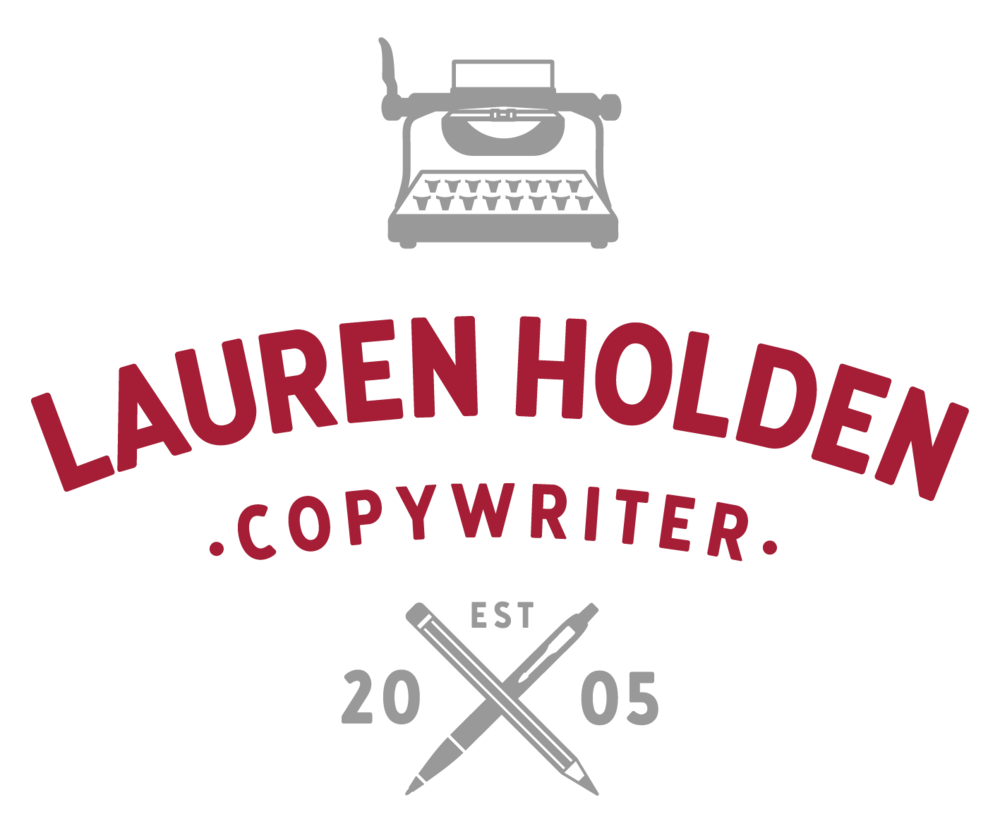One of the most common questions I get asked as a marketing consultant and copywriter is: “How can I spend less on ads?”
Come on…you’ve all thought it.
Ads are costly for many reasons. For one thing, you need to pay to reach the audiences you aspire to sell to. For another, you need to put the time and effort into creating an advertising plan, and then crafting adverts that’ll really grab your customers’ attention. Or, more likely, you’ll spend more money on having a marketing expert create them for you.
Either way, whether you’re putting in man-hours or actual cash, advertising doesn’t come cheap; it’s pricey, and it has its own set of risks. It’s a shame, but ads don’t always get you the results you want. Read on for some tips…
How To Create Better ROI For Your Ads
Look, if I knew the absolute definitive answer to this, I’d be a millionaire (how nice!), but, there are some rules I follow to get the most out of any ad campaign I’m running.
Rule 1: Make Targets To Hit Targets
Firstly, I make sure I’ve really nailed down my demographics.
There is literally no point, no point at all, in creating adverts with no idea where they’re floating off to. Adverts are arrows, and they need direction. Make the money you’re spending work harder and go further by narrowing your focus and closing in on targets you know will be effective.
It takes time to figure out who your most effective targets are, but in the long run it’s absolutely worth it. Your ads will be more effective, they’ll be seen by people who are actively interested in what you have to offer, and you’re not overwhelming new customers with tons of surplus content.
Rule 2: Create Ads People Want To See
Adverts don’t have to be a means to an end. They can entertain or even educate.
If you’re setting up ads for social media, think about the audience you’re targeting. What is it about your product that would interest them? What would they use it for? When would they use it? What makes it so vital that they need to order it right now?
Make your ad as compelling as the content you share. Just because you’re paying for your place on someone’s feed doesn’t mean you have to act like it.
Rule 3: If You Can’t Spare The Time, Get Someone Else To Do It
If you’re facing a day of ad research and planning and you just can’t feasibly fit it into your busy schedule, that doesn’t mean you have the right to miss that part out.
Accepting Facebook’s kind offer of chucking some money on a popular post to increase reach isn’t an option. If you’re looking to save money on your advertising, this is not how you do it. This is the equivalent of buying a Lottery scratchcard as an investment opportunity.
Getting professional help to create and set-up your adverts adds more to your bill, true, but the research they carry out will give you more ammunition for future campaigns. The analytics they collect will enable you to make even more effective marketing decisions. The ads they make will just be, let’s face it, better.
The money you’ll make in new orders will make it all worthwhile.
If you’re looking for help creating click-worthy content for your ads, get in touch. I will be able to help you.
Until next time…

















